
Defying All Odds -Day 22: Cloud Security for Construction Companies: Best Practices and Considerations
“You have to be prepared to fight and finish your own battles.” - Jim Harbaugh
Introduction:
Cloud computing offers numerous benefits for construction companies, including scalability, flexibility, and cost-effectiveness. However, ensuring cloud security is essential to protect sensitive data stored in the cloud. In this article, we will discuss best practices and considerations for cloud security in the construction industry. From choosing a reputable cloud service provider to implementing data encryption and access controls, these practices will help construction companies maintain the confidentiality and integrity of their data in the cloud.
In our featured story, we talked about how ZATIS helped a construction company defy the odds and win in the battle against hackers and cybercriminals. Join us today as we discuss the cloud security best practices and considerations for construction companies.

The rise of cloud computing is akin to the evolution of football tactics. Just as the football world has embraced new strategies and formations to outmaneuver opponents, construction companies are leveraging the power of the cloud to gain a competitive edge. However, with this evolution comes new challenges. The cloud, like a football field, is a space where attacks can come from any direction. Therefore, it's crucial to have a solid defense strategy. Let's discuss some best practices and considerations for cloud security in the construction industry.
1. Choose a Reputable Cloud Service Provider:
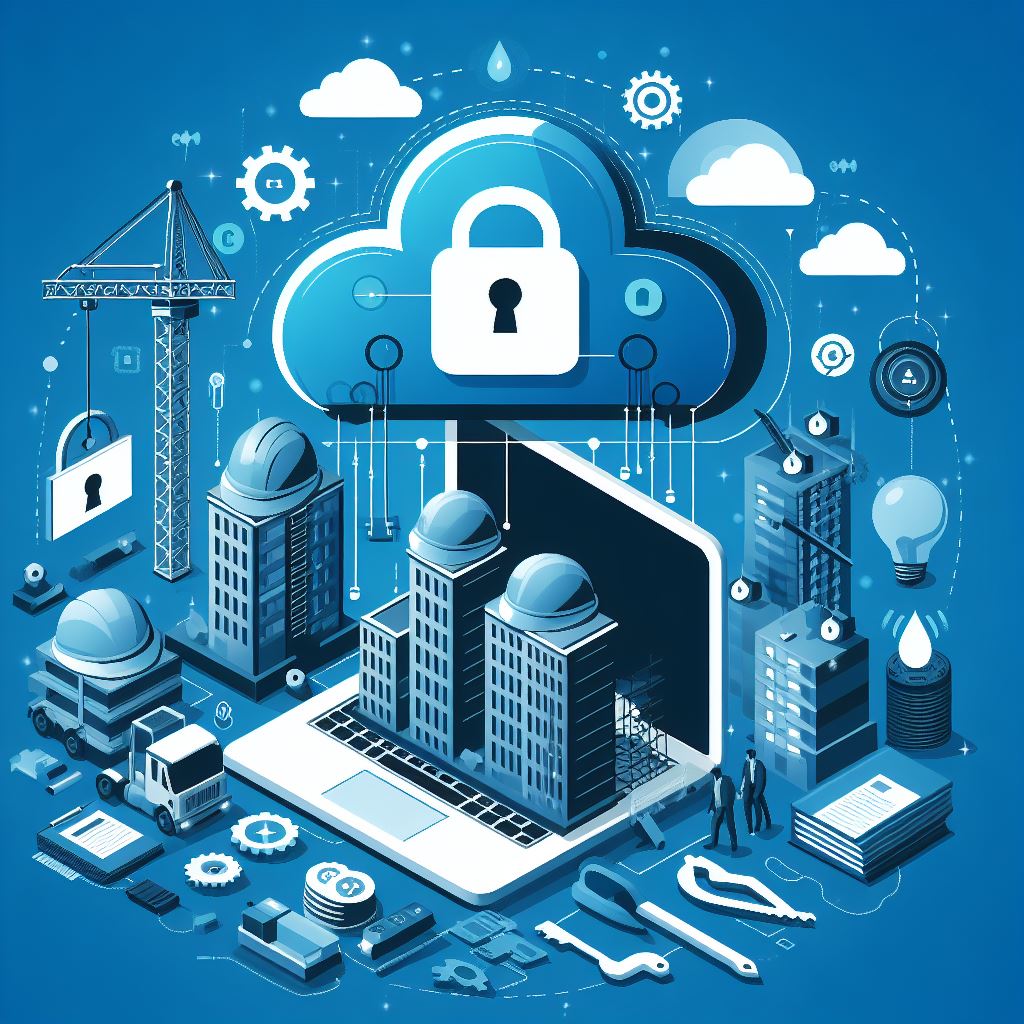
Just like you wouldn't entrust your football team's training to a novice coach, you shouldn't put your sensitive data in the hands of a cloud provider without a proven track record. Ensure your provider has robust security measures in place and complies with industry-standard security certifications.
2. Implement Robust Access Controls:

Implementing strict access controls is like designing a play that only your team understands. Grant access rights only to those who need them to perform their duties and regularly review and update these rights.
3. Encrypt Data:
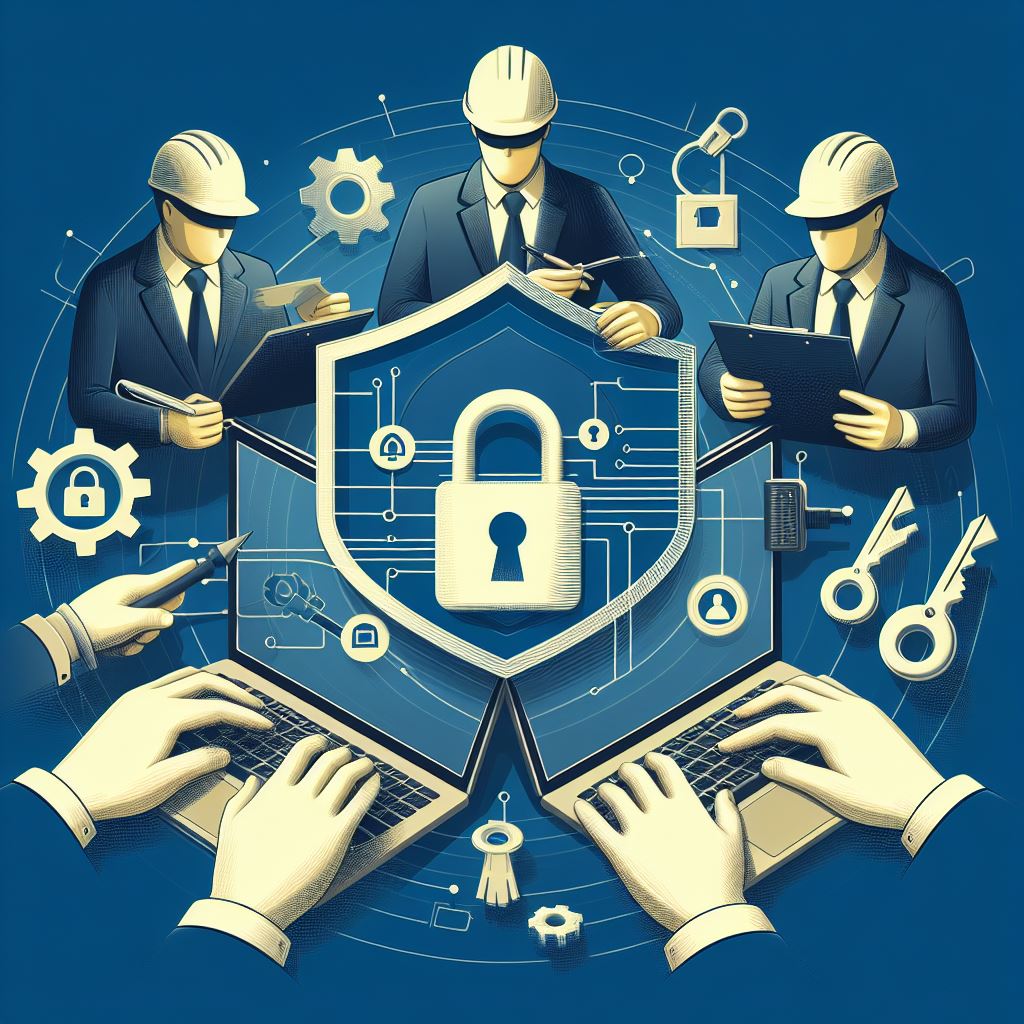
Encrypting data is like developing a secret language for your team. Even if someone intercepts the data, they won't be able to understand it without the encryption key. Ensure that all data in transit and at rest is encrypted.
4. Regularly Backup Data:
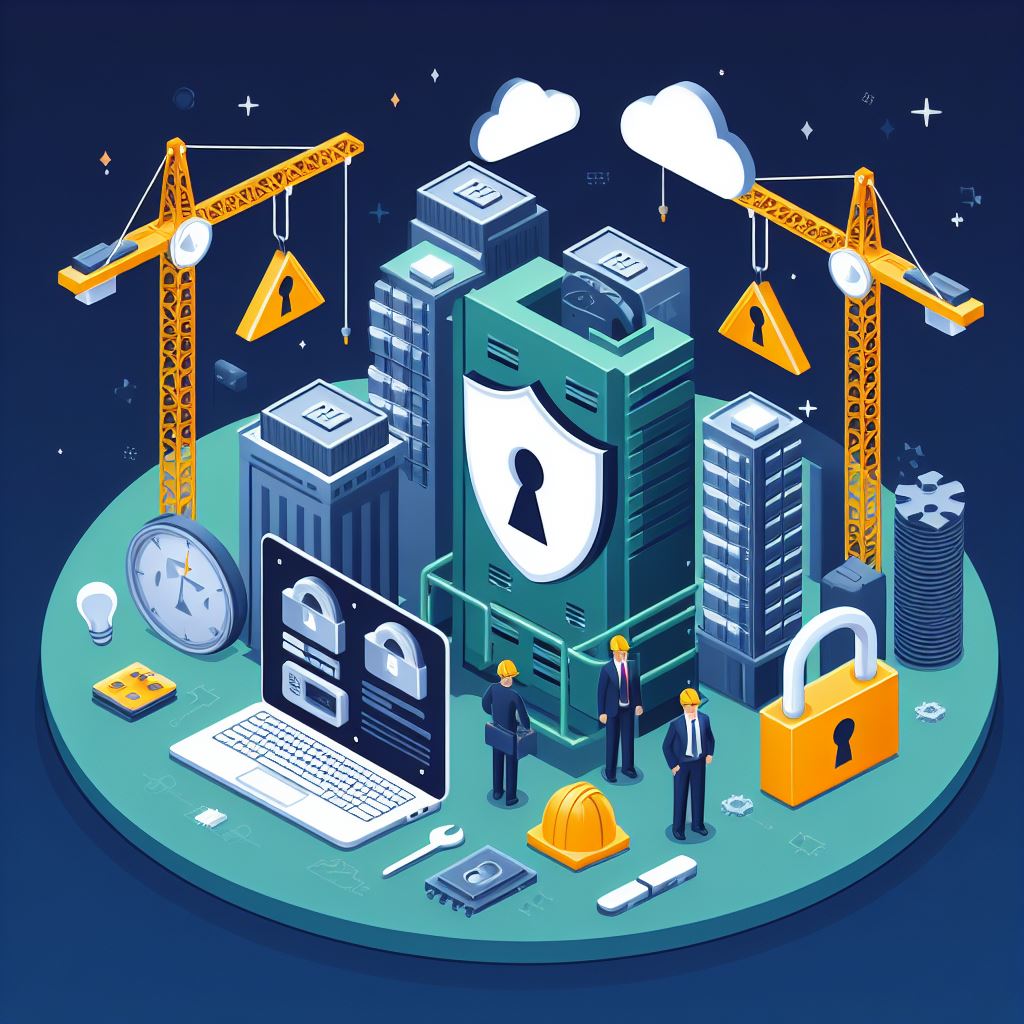
Regular data backups are like having a second-string team ready to step in if the first team is unable to play. Cloud data should be backed up regularly and tested to ensure it can be restored in case of data loss or a breach.
5. Monitor Cloud Activity:

Monitoring cloud activity is like a coach keeping an eye on the field during a game. Use automated tools to monitor for any unusual activity or potential security threats.
6. Secure All Endpoints:

Securing all endpoints is akin to ensuring every player on your team is fit and ready for the game. As employees access cloud services from various devices, it's important to ensure these devices are secure.
7. Conduct Regular Security Assessments:

Just as teams analyze past games to improve their strategies, regular security assessments can help identify potential vulnerabilities and develop plans to address them.
8. Incident Response Plan:

Have an incident response plan in place for when a breach occurs. This is like having a game plan ready for when the opposition scores. The quicker you can respond, the less damage can occur.
9. Training and Awareness:

Promote cloud security awareness among employees. Just as a team needs to understand the play for it to be effective, employees need to understand the importance of adhering to security protocols.
10. Leverage Cloud Security Tools:
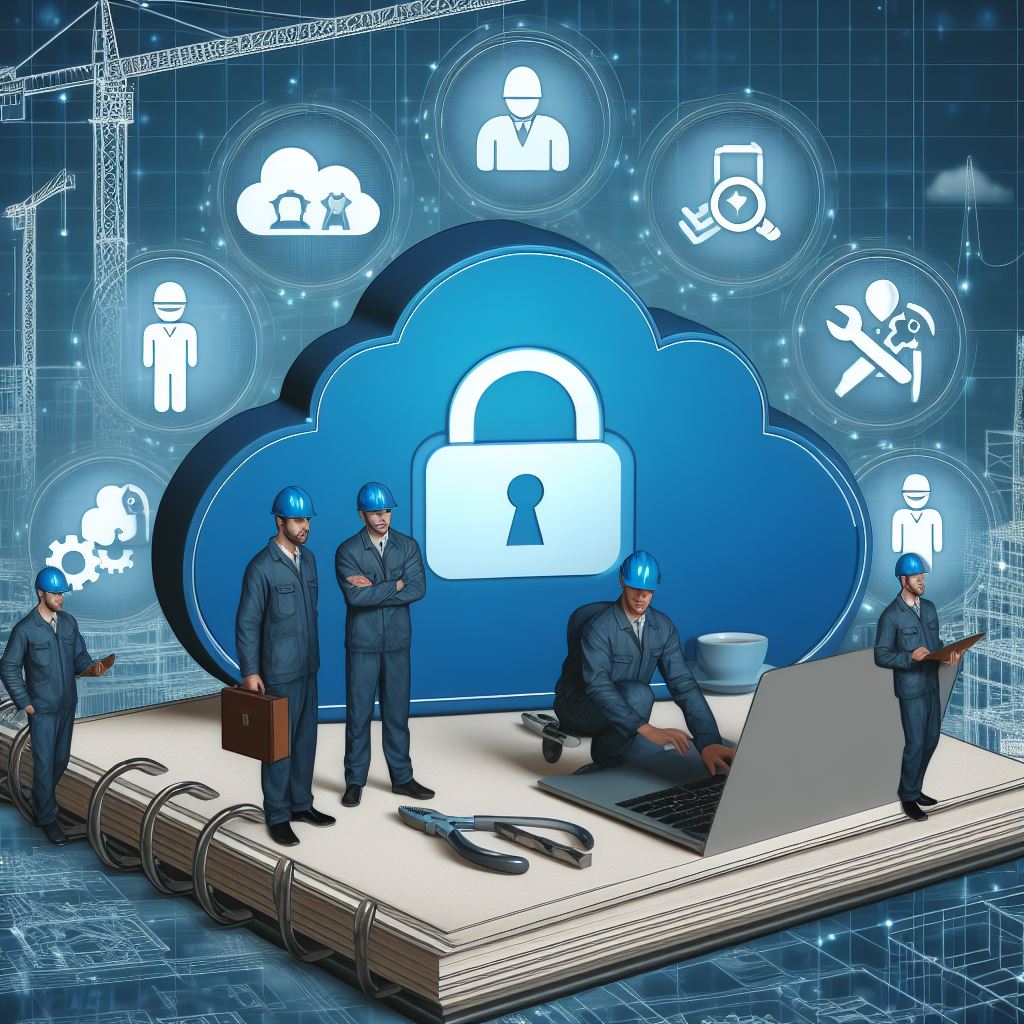
Many cloud service providers offer built-in security tools. Using these tools is like having the right equipment for the game. They can enhance your security posture and help detect and respond to threats swiftly.
Cloud security, like a well-played football game, requires strategy, teamwork, and constant vigilance. By implementing these best practices, construction companies can ensure they are leveraging the power of the cloud while maintaining a strong defense against potential threats. So, lace up your boots, put on your helmet, and get ready to take control of your cloud security.
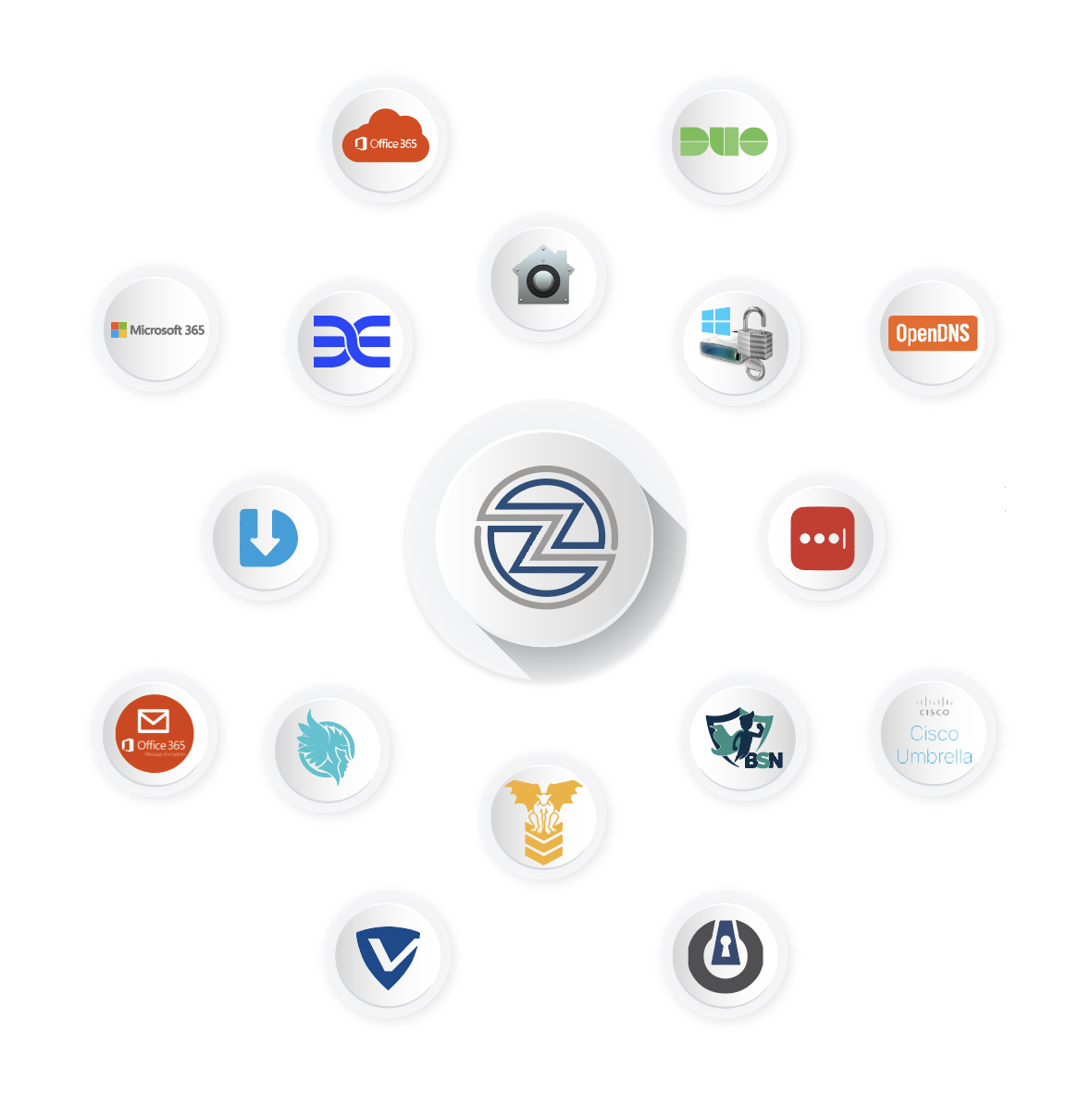
The Importance of Proactive Cybersecurity Measures
To mitigate the risks associated with cyber threats, construction companies must adopt a proactive approach to cybersecurity. Implementing robust cybersecurity measures can help protect the company's assets, maintain client trust, and ensure the smooth operation of projects. Here are some key steps that construction companies can take:
1. Employee Education and Training:
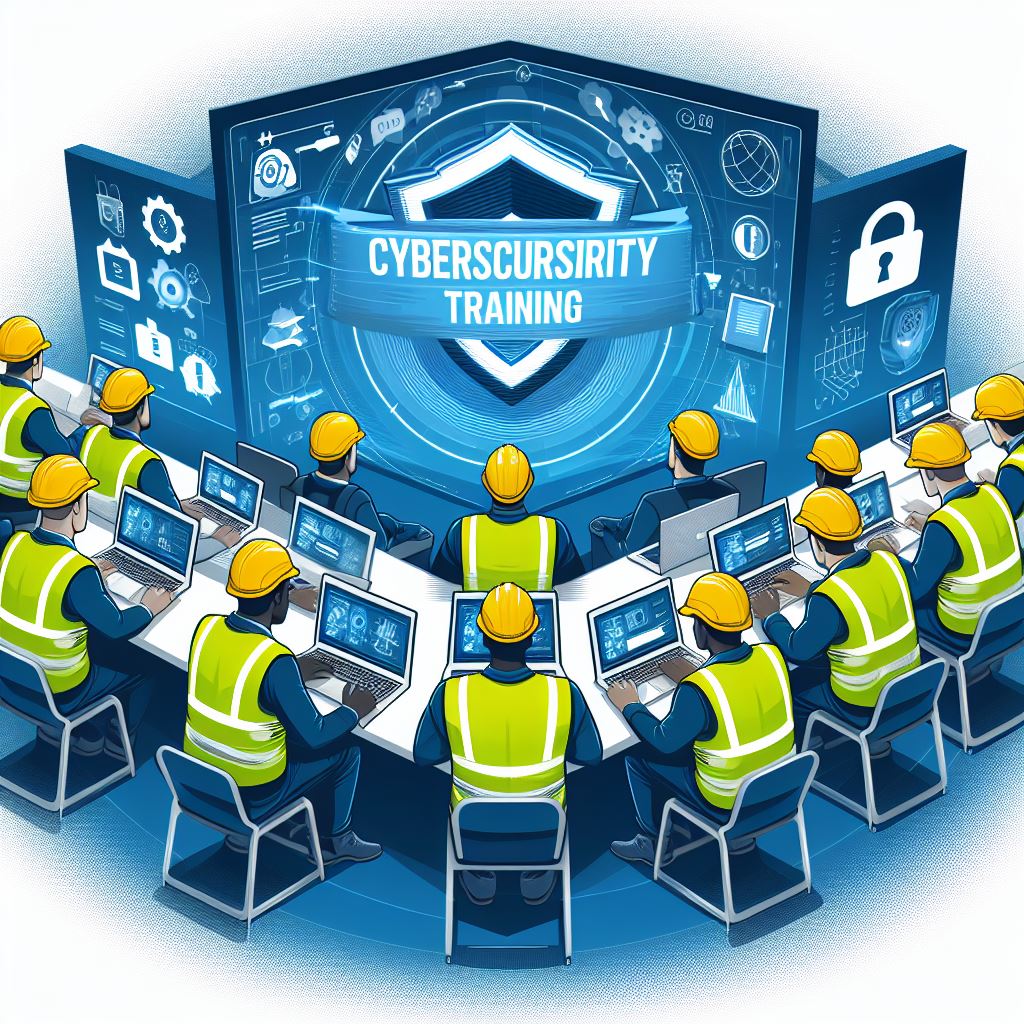
Employees are often the first line of defense against cyber threats. Providing comprehensive training on cybersecurity best practices, such as identifying phishing emails and using strong passwords, can significantly reduce the risk of successful attacks.
2. Regular Security Assessments:
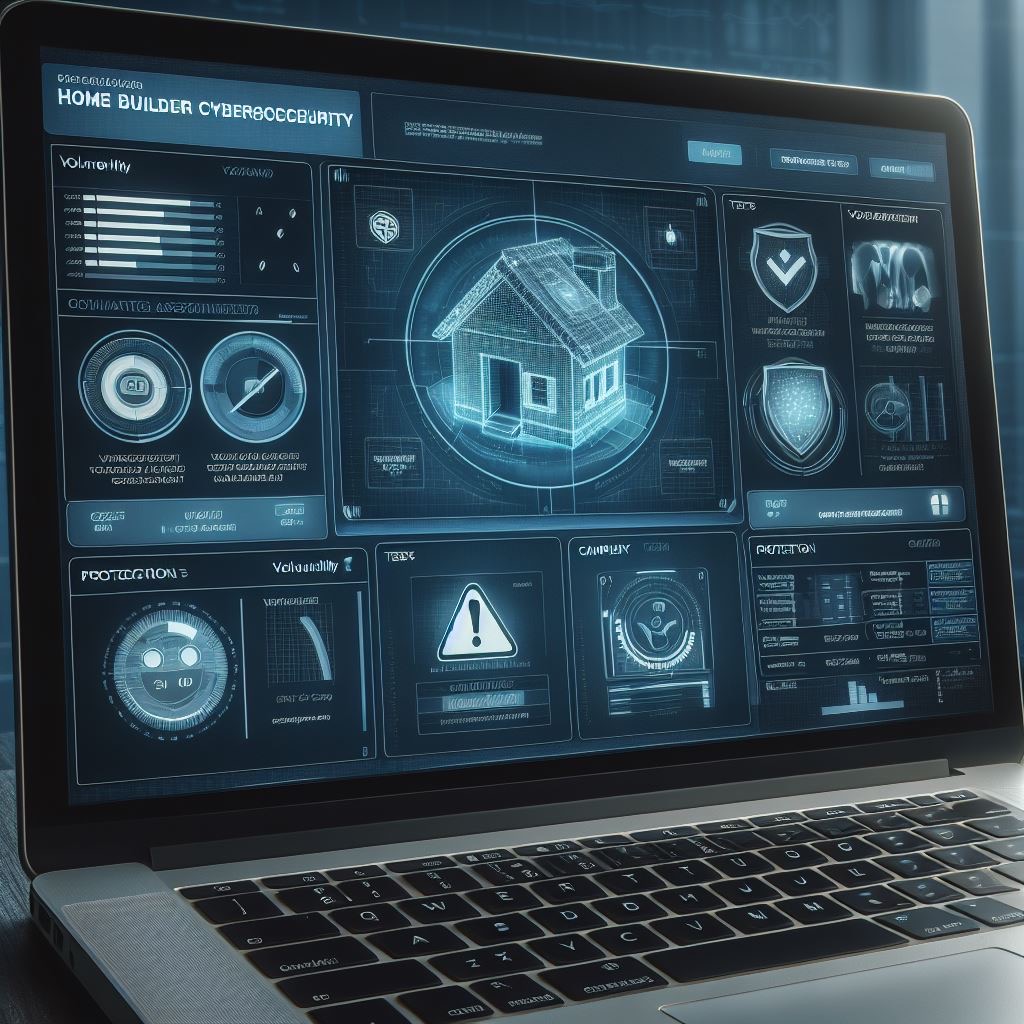
Conducting regular security assessments, including vulnerability scanning and penetration testing, can identify potential weaknesses in the company's systems and infrastructure. This allows for timely remediation before cybercriminals can exploit these vulnerabilities.
3. Secure Network Infrastructure:

Implementing robust firewalls, intrusion detection systems, and encryption protocols can help safeguard the company's network infrastructure from unauthorized access and data breaches.
4. Access Control and Authentication:

Implementing strong access control measures, such as multi-factor authentication and role-based access controls, can ensure that only authorized individuals have access to sensitive information.
5. Data Backup and Recovery:

Regularly backing up critical data and implementing a robust disaster recovery plan can help minimize the impact of a cyber-attack and facilitate the restoration of operations.
Conclusion:
In an increasingly digitized world, the construction industry must recognize the importance of cybersecurity and take proactive measures to protect its valuable assets. Neglecting cybersecurity can have severe consequences, including financial losses, reputational damage, project delays, legal and regulatory compliance issues, and loss of intellectual property. By prioritizing cybersecurity and implementing robust measures, construction companies can safeguard their operations, maintain client trust, and ensure their long-term success in an evolving digital landscape.
Want to know if your construction company is at major risk of getting hacked? Click here for a FREE 15-Minute Cyber Consult.
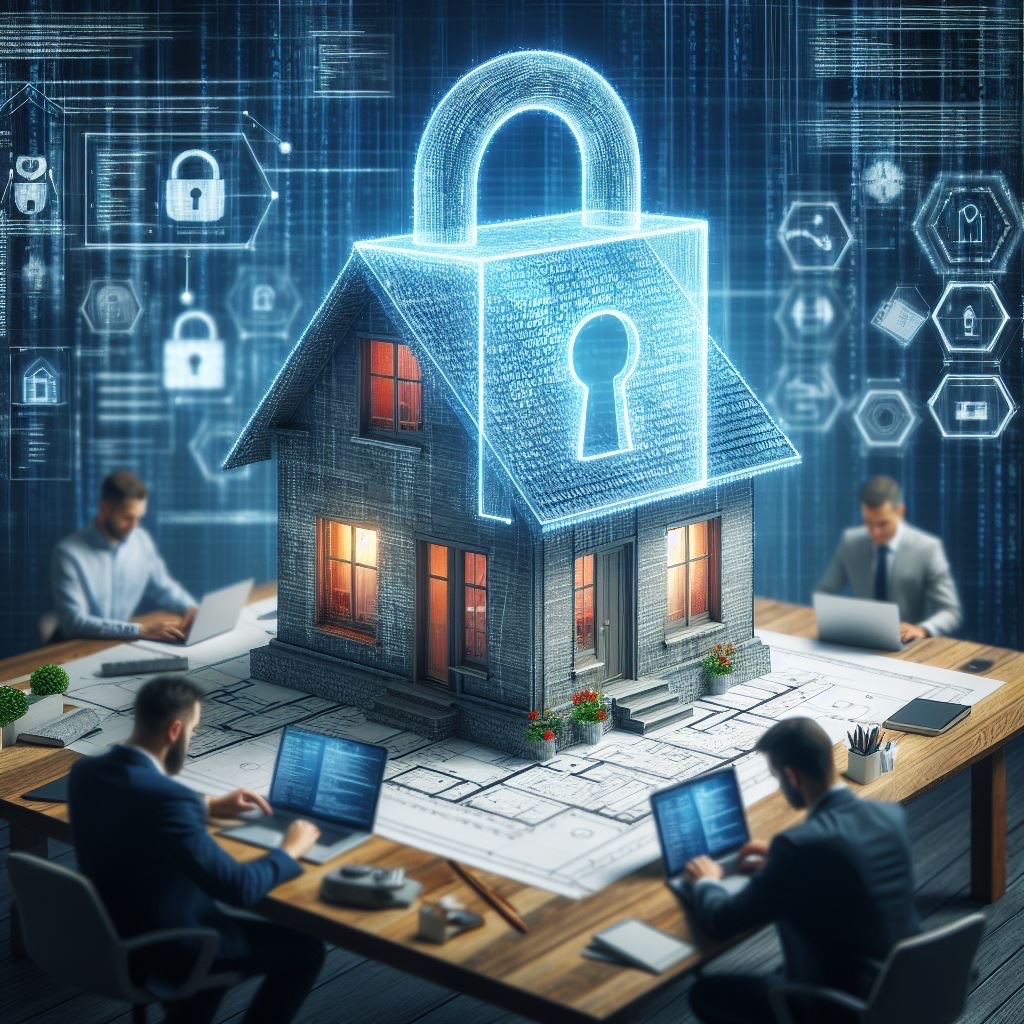
5 Reasons Your Construction Company Needs a Cybersecurity Risk Assessment. 👊
It is important for construction companies to conduct a cybersecurity risk assessment for several reasons:
1. Protection of sensitive data:
Construction companies handle a vast amount of sensitive data, including financial information, project details, client information, and employee records. Conducting a cybersecurity risk assessment helps identify potential vulnerabilities and ensures appropriate safeguards are in place to protect this data from unauthorized access, data breaches, or theft.
2. Mitigating financial losses:
Cyberattacks can result in significant financial losses for construction companies. These losses can stem from data breaches, ransomware attacks, or the disruption of critical systems. By conducting a cybersecurity risk assessment, companies can identify potential weaknesses in their IT infrastructure and take proactive measures to mitigate the financial risks associated with cyber threats.
3. Maintaining business continuity:
A successful cyber-attack can disrupt construction projects, delay timelines, and impact the overall business operations. By conducting a risk assessment, construction companies can identify potential vulnerabilities and implement robust cybersecurity measures to ensure business continuity. This includes having backup systems, disaster recovery plans, and incident response protocols in place.
4. Protecting reputation and client trust:
Construction companies rely on their reputation and client trust to secure new projects and contracts. A cybersecurity breach can undermine trust, damage the company's reputation, and lead to the loss of clients. By conducting a risk assessment and implementing appropriate cybersecurity measures, construction companies can demonstrate their commitment to protecting client data and maintaining a secure operating environment.
5. Compliance with regulations:
Construction companies may be subject to industry-specific regulations and legal requirements regarding data protection and cybersecurity. Conducting a risk assessment helps identify any gaps in compliance and ensures that the company meets the necessary regulatory obligations.
Overall, conducting a cybersecurity risk assessment allows construction companies to proactively identify and address potential vulnerabilities, protect sensitive data, mitigate financial losses, maintain business continuity, protect their reputation, and comply with relevant regulations.
Other resources to help you get started with Cybersecurity
Start your own Cybersecurity initiative:
Here is a quick checklist to get you started with your Cybersecurity initiative. Remember imperfect action beats inaction, get started and keep pushing for progress and awareness with your people.
Update your software
Secure your files
Require passwords
Encrypt devices
Use multi-factor authentication
Protect your wireless network
Make "SMART SECURITY" your business as usual
Require strong passwords
Train all staff
Have a plan
